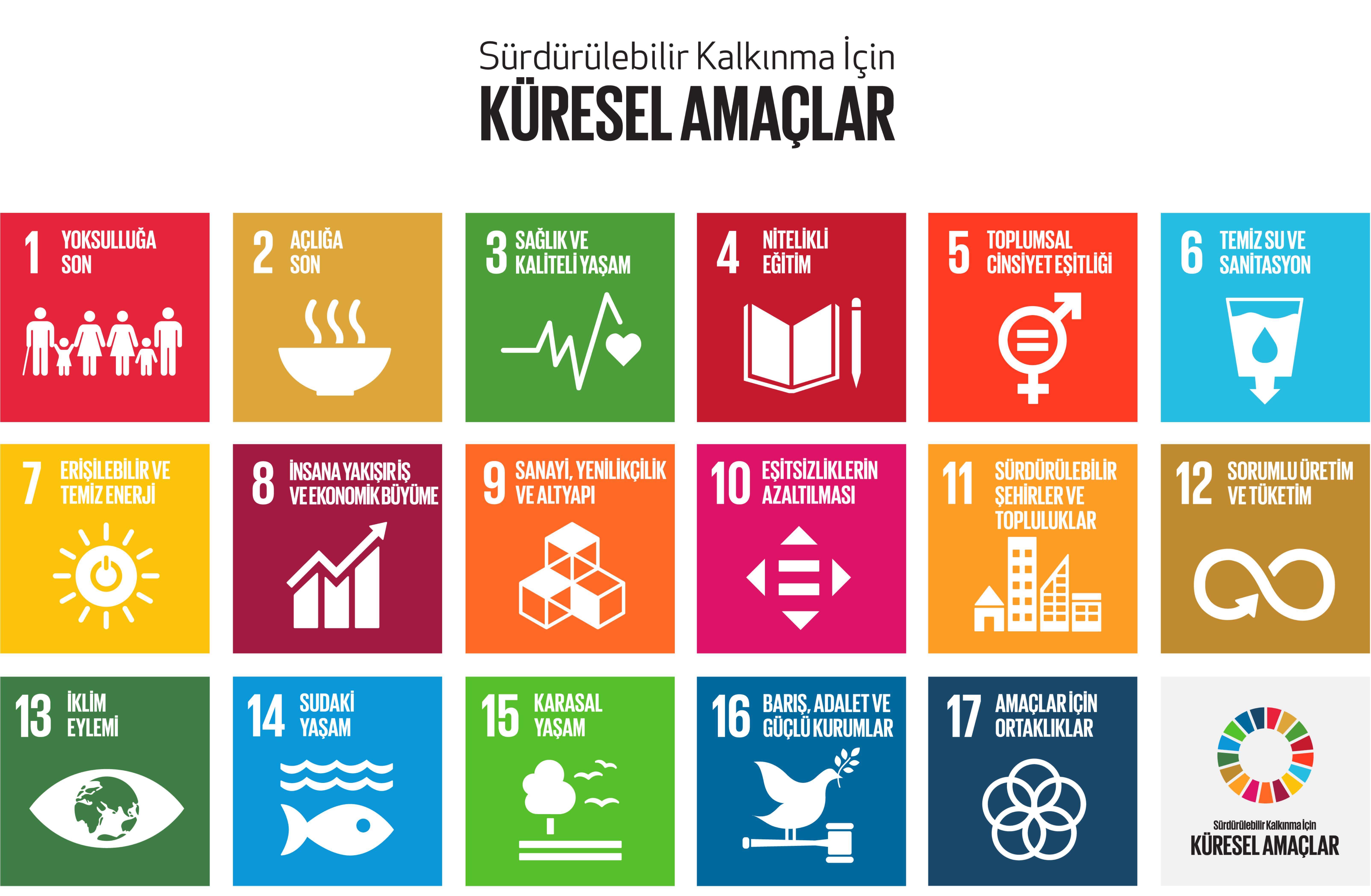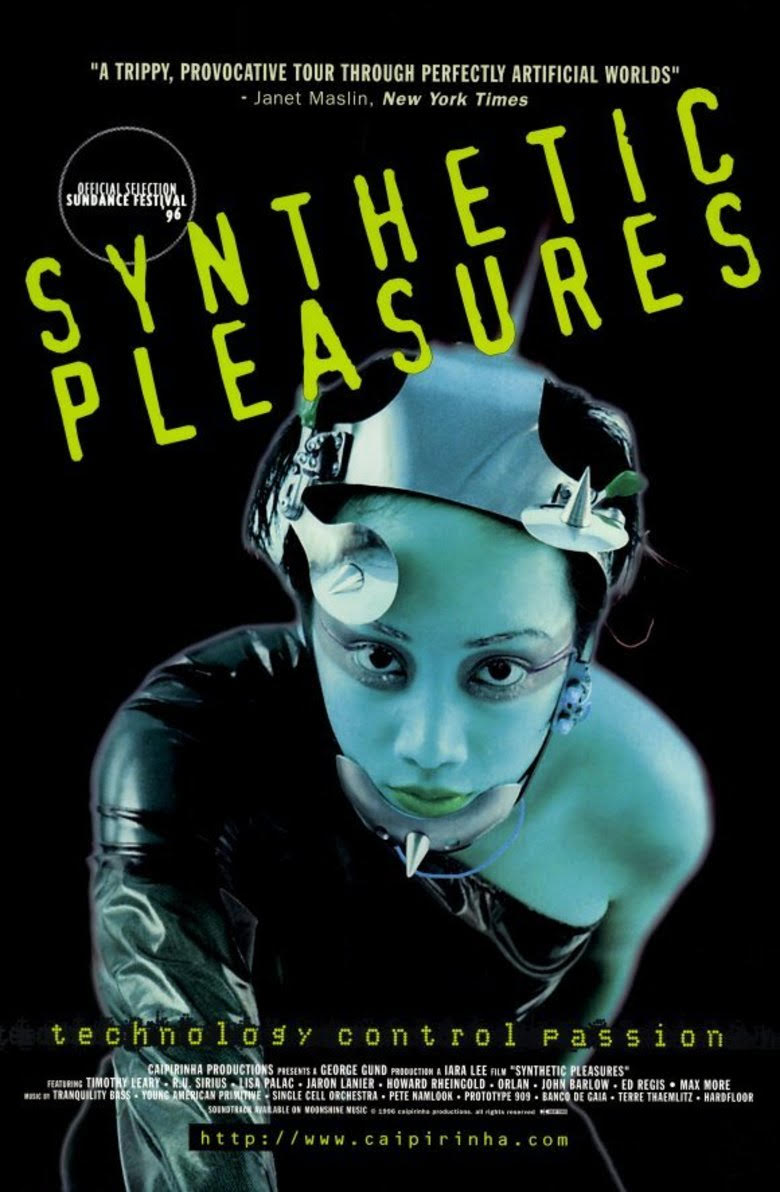The Lightness of Being Sustainable

Cameo Island, Zakynthos. Photo: Banu Binat
The concept of sustainability was first defined at the United Nations Conference on the Human Environment in Stockholm in 1972. Throughout the 80s and 90s, academics, activists, and non-governmental organizations consistently kept the issue on the agenda. Moving into the 2000s, sustainability began to be incorporated into national policies.
While sustainability has permeated our daily discourse, it is frequently regarded as a “trendy” topic lacking depth or emphasis, and regrettably, it is rapidly losing its essence in a way that contradicts its true meaning. Despite the criticisms labeling the term as “cliché”, the United Nations took a significant step by publishing the 17-point Sustainable Development Goals in January 2016, setting a deadline by 2030 for 193 member countries to achieve these goals. It actually serves as a global red alert for the future, signaling that the world is at risk of irreversible depletion if the current trends persist.
 Global Goals for Sustainable Development. Source: kureselamaclar.org |
It is concerning that the world may become uninhabitable, prompting a need to concentrate on managing production and consumption processes, seeking solutions through regulations, laws, and new policies. However, what can individuals do? Is our influence sufficient to avert global disasters? I believe it is; this perspective is shared by many experts and opinion leaders… Although individual contributions to the world in terms of sustainability may seem small, our choices shape the production, the economy, and the overall process.
We must make a decision and transform our lives for a sustainable living. To make this change enduring and habitual, the steps we take should resonate positively with us. The most significant motivation for this change is acknowledging the problem and actively becoming part of the solution. Change should begin with small steps but should be enduring.
As someone actively striving to integrate the concept of sustainability into my life, I have implemented numerous changes inspired by positive examples. Three instances I’ve come across during my sustainability journey have not only unsettled me but also sparked daily contemplation on seeking solutions.
The first of these influences is Açık Radyo, which commenced broadcasting in the second half of the 90s. I listened to this medium daily for many years, drawing nourishment from its broadcasts. It was both shocking and thought-provoking that Ömer Madra consistently kept the climate crisis at the forefront, providing global and local examples while discussing both the struggles and cover-ups. The perpetual focus on the climate crisis can lead to pessimism and unhappiness. Over the years, I’ve internalized the issue to the point where I now question what actions I’ve taken each day to combat the climate crisis.
 The poster for Synthetic Pleasures. |
My second source of motivation comes from a documentary film. In 1995, I watched the documentary Synthetic Pleasures at the IKSV Film Festival, and its impact on me was profound. Everything seemed different for me after watching that movie, which I chose based on descriptions like “the director’s first feature film” and “promising”. Even today, the documentary still continues to influence me. Watching this 21st-century documentary, which encapsulates what awaits us amid technological advancements, is disconcerting to witness how scenes that once gave us chills have become normalized, and how everything has evolved into a synthetic reality. |
My third source of motivation is once again a movie: “Basmati Blues” from 2017 marked a turning point in my sustainability journey. The film narrates the tale of a scientist who alters the genetics of rice seeds and the journey he embarks on with farmers in India, ultimately confronting the harsh reality. We witness the scientist’s panic as he realizes that the efficiency and success of the engineered seeds should be represented not just in a linear graph but in a cyclical one. Indeed, everything that lacks a cyclical nature is detrimental to our world!
Motivations for taking sustainable action may vary from person to person. Whether our inspiration stems from a pessimistic reality or a positive example, achieving a sustainable life is only possible through a holistic perspective. Each individual should have their own finely-tuned criteria, assessing the sustainability of their choices.
Just as the thoughts, actions, and examples that drive us to take sustainable steps differ, the path followed in this process will also vary for each individual. While some may take small steps fueled by a concern for a more sustainable life, others might transform their lives through radical decisions. For those pondering where to commence their efforts for a more sustainable world, examining their consumption habits can be a starting point. Considerations such as when we purchase items like food, clothing, and electronics come into play. Do we acquire these items out of genuine necessity, or are we influenced by trends such as fashion when we don’t actually need them? How we buy is another crucial factor: Do we conduct thorough research, understand the production process, know the origin, read labels, or do we base our decisions on superficial factors like package color and content smell? Additionally, how we consume is vital: Are we mindful of the life cycle of the products, using them as needed and following usage instructions, or do we wear them out quickly without much consideration? Finally, what we do after use is a significant aspect: Do we give products a second chance, contemplating their next steps in the life cycle, or do we simply discard them without much consideration?
When we scrutinize our consumption habits and attempt to address these questions, we realize the necessity to transform our entire shopping processes, spanning from food to clothing, and even more so, our way of life. Modest decisions such as supporting local producers, selecting products designed for long-term use and recyclability at the end of their life cycle instead of disposables, choosing energy-efficient products with long-term economic benefits over short-term cost-effective alternatives, avoiding artificial ingredients in favor of more natural ones can hold significant importance for both ourselves and our world.
Whether big or small, taking deliberate and health-conscious steps can contribute to the well-being of the world and ourselves. We shape the world, and the world shapes us; it’s crucial to remember that also this relationship is cyclical.

